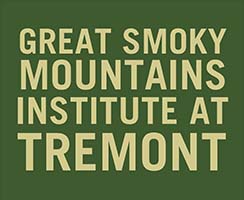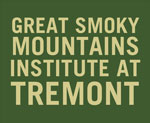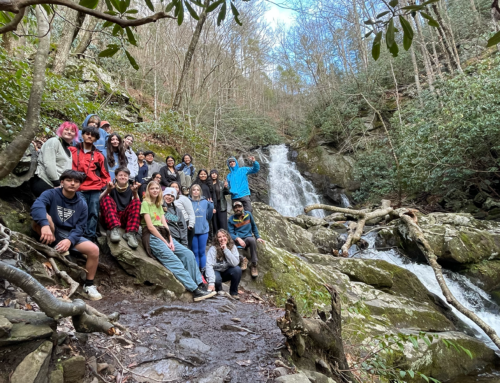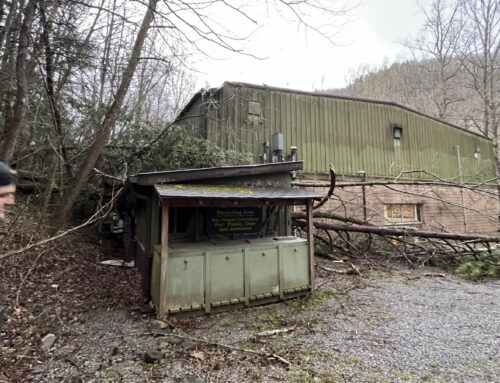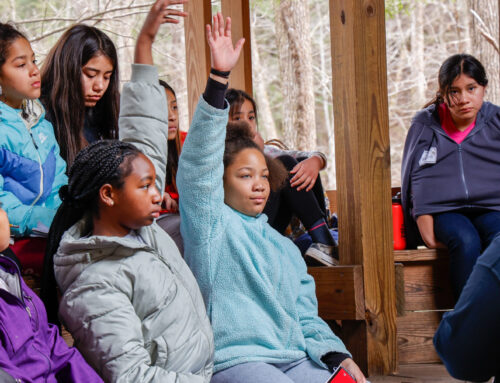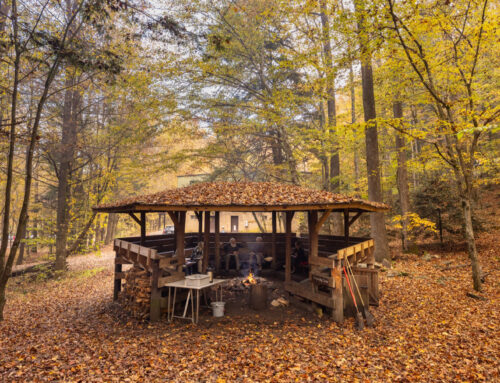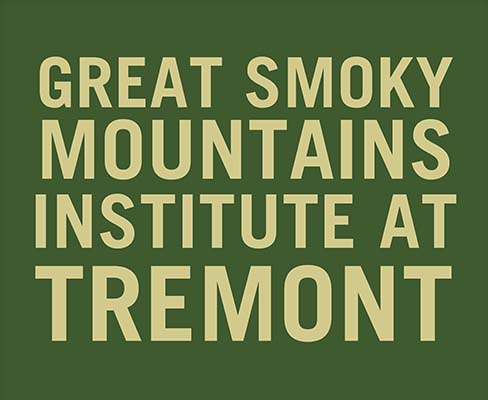Written by Grayson Shelor, Tremont Teacher Naturalist and Librarian
Big Will Walker, patriarch of Walker Valley where the Tremont Institute now sits, was said to have owned three books: the Bible, an almanac, and a biography of Ulysses S. Grant. From these three titles, he derived all the ‘book learnin’ deemed necessary for a life spent outdoors farming, trapping game, and tending beehives. And yet, for his own passel of children, Will Walker dreamed of a wider world of education, first at the local valley school, and later, a college degree.
Today at Tremont, we continue to promote a blending of experiential education with knowledge gathered from books. From our hiking trails to our field guide section, especially, is a well-worn path, promising a deeper knowledge and appreciation of the wonders that surround us. For the 54 years of our operation, Tremont has pretty much always had a library. At times, it has been more of a traveling set of beloved volumes passed around by faculty. In other eras, our library has taken on the spirit of a book sanctuary; a resting place for worn copies culled from the shelves of professors’ offices and nature lovers’ bookcases. Always, it has been a place our staff return to for deepening understandings, broadening perspectives, and cultivating a rich awe and respect for life. As an organization, we hold that fostering our teaching staff’s development as naturalists and as educators pays dividends in terms of the impactful outdoor experiences we are able to provide for our participants. And yet, to meet the needs of our growing and changing participant community, our library must be updated and diversified.
Starting in the fall of 2022 under the leadership of Teacher Naturalist and Tremont Librarian, Wren Logan, all existing books in our library were inventoried, including a collection of author demographic data. We found that of the 1494 books for which data was collected, only 19, or 1.29%, were authored by people of color. Not a single one was by a Black author. This statistic is shocking in a time when the most recent US Census data tells us that 42.2% of our country’s total population, and 50% of those under 18 years old, are non-white. Our collection of books and resources to date is largely reflective of publication biases across genres that have historically marginalized non-white authors, especially those who are black and indigenous. While we recognize that we cannot go back in time to undo the injustice to those whose voices were silenced or ignored, we can do better.
We are now seeking to enrich our collection with updated texts on the diversity of life in the Smokies and recent analyses of cultural history, such as the fascinating work being unearthed and curated by the African American Experience in the Smokies project. Additionally, we crave memoirs of researchers, activists and adventurers, plus essay collections, handbooks of environmental justice, and Cherokee writings. We’ve chosen to focus first on titles by nonwhite authors, to increase the representation of scholars and nature lovers from marginalized communities within our library. Seeing examples of naturalists and scientists from their own racial and cultural background has the power to boost self-esteem in our participants and staff who are nonwhite, as well as spotlight career pathways. We also believe that seeing perspectives from nonwhite naturalists is important for our white staff and participants. When we learn from others with a different background from ourselves, we develop more understanding, empathy, and solidarity to promote equity in our communities.
Are you interested in helping to ‘spruce up’ the Tremont library? You can view our wishlist to learn more about some works we’d love on our shelves. Have a book review or recommendation to share? Reach out to us!


